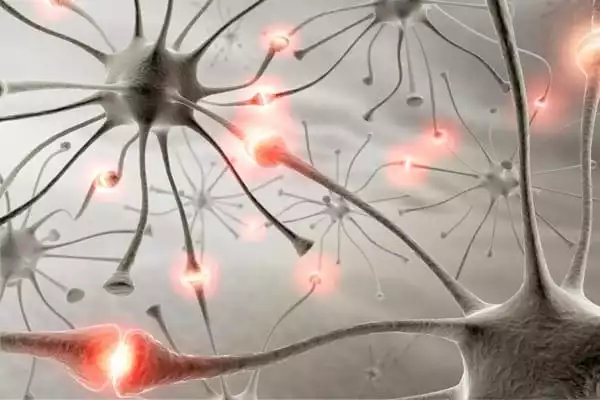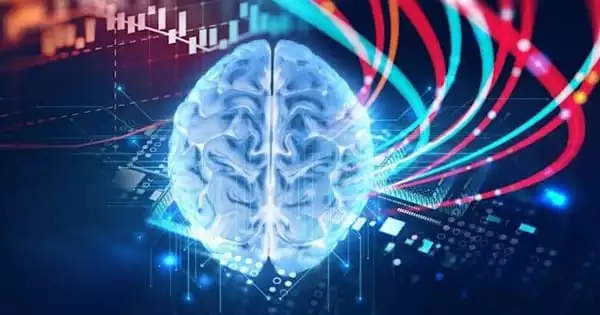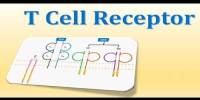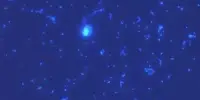The capacity to activate and/or manipulate brain cells could provide us with powerful new techniques to investigate and cure neurological problems, and we’re starting to see some really exciting ways to do so. University College London (UCL) researchers have proven in rats a novel sort of “micromagnet” that can function as a miniature mechanical switch to turn on touch-sensitive cells, providing a new approach for manipulating specific parts of the brain.
Researchers at UCL have devised a new technology that employs minuscule magnetic particles to remotely stimulate brain cells; the discovery in rats could lead to the development of a new class of non-invasive medicines for neurological illnesses, according to the researchers.
The groundbreaking technology known as “magnetomechanical stimulation” or, which was published in Advanced Science, allows touch-sensitive brain glial cells known as astrocytes to be stimulated using a magnetic device outside the body.
Micromagnets, or microscopic magnetic particles, are attached to astrocytes and employed as little mechanical switches that can turn the cells “on” when a strong magnet is placed near the skull.
There are parallels between this discovery and optogenetics, an intriguing field of research focusing on the careful regulation of cells in the body. This method entails putting genes into ordinarily normal cells to make them light-sensitive, allowing them can be activated for the objectives of treating paralysis, reducing pain, and restoring vision.
Our new method employs magnetic particles and magnets to remotely and precisely control brain cell activity and, significantly, does so without introducing any device or foreign gene into the brain.
Dr. Yichao Yu
“Astrocytes are star-shaped cells distributed throughout the brain,” explained co-author Professor Alexander Gourine (UCL Centre for Cardiovascular and Metabolic Neuroscience). They are strategically placed between the blood arteries and nerve cells of the brain. These cells offer essential metabolic and structural support to neurons, alter neuronal circuit activity, and may also act as versatile surveyors of the brain environment, calibrated to detect conditions of possible metabolic insufficiency.
“The ability to control brain astrocytes with a magnetic field provides researchers with a new tool for studying the function of these cells in health and disease, which may be important for future development of novel and effective treatments for some common neurological disorders, such as epilepsy and stroke.”
Professor Mark Lythgoe (UCL Centre for Advanced Biomedical Imaging) is the study’s senior author “Because astrocytes are touch-sensitive, coating them with magnetic particles allows you to prod the cells from outside the body with a magnet and therefore influence their activity. The ability to control astrocytes remotely provides a new tool for understanding their function and may have the potential to cure brain problems.”

Scientists at UCL set out to develop MMS in order to establish a more clinically useful brain cell control approach. In contrast, other existing research methods, such as optogenetics and chemogenetics, require foreign genes to be put into brain cells, generally with the assistance of a virus. The requirement for genetic modification has been a key impediment to the clinical translation of previous technologies.
“Our new method employs magnetic particles and magnets to remotely and precisely control brain cell activity and, significantly, does so without introducing any device or foreign gene into the brain,” stated lead researcher Dr. Yichao Yu (UCL Centre for Advanced Biomedical Imaging).
“We coated small magnetic particles with an antibody that allows them to bind selectively to astrocytes in the laboratory-based investigation.” The particles were then injected into the specific brain region of the rat. Another benefit of employing micromagnets is that they light up on an MRI scan, allowing us to track their location and target very specific regions of the brain for precise control of brain activity.”
Professor Lythgoe, who was awarded the Royal Society of Medicine Ellison-Cliffe Award 2021 for his research, “We are really enthused about this technique because of its clinical potential,” noted the researchers. Unlike prior approaches, MMS takes advantage of particular brain cells’ exceptional sensitivity to touch, therefore no genetic change or device implantation is required. This makes MMS a promising contender as a less invasive alternative to the currently utilized deep brain stimulation procedures, which entail the implantation of electrodes into the brain.”
Furthermore, the magnetic particles glow up on MRI images, allowing the team to pinpoint their specific location in the brain. This, combined with the technology’s non-invasive nature, has scientists quite excited about the potential.
“We are quite enthused about this technology because of its clinical potential,” Lythgoe added. “In contrast to existing approaches, MMS takes advantage of some brain cells’ exceptional sensitivity to touch, thus no genetic change or device implantation is required.”
















